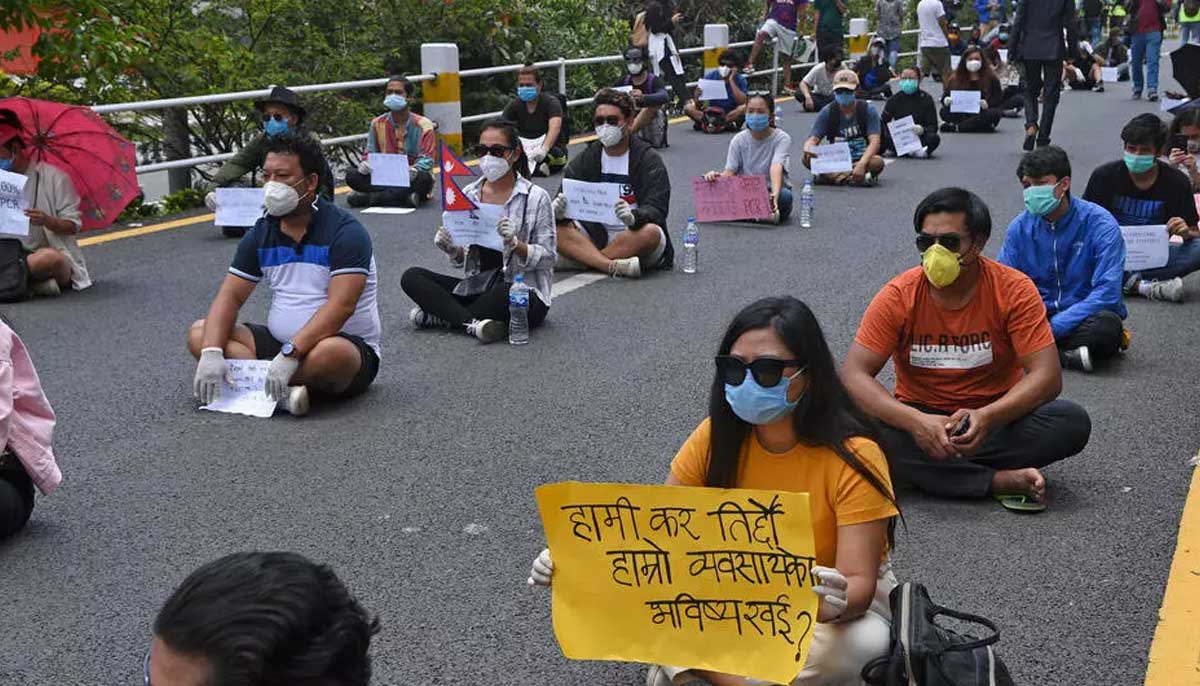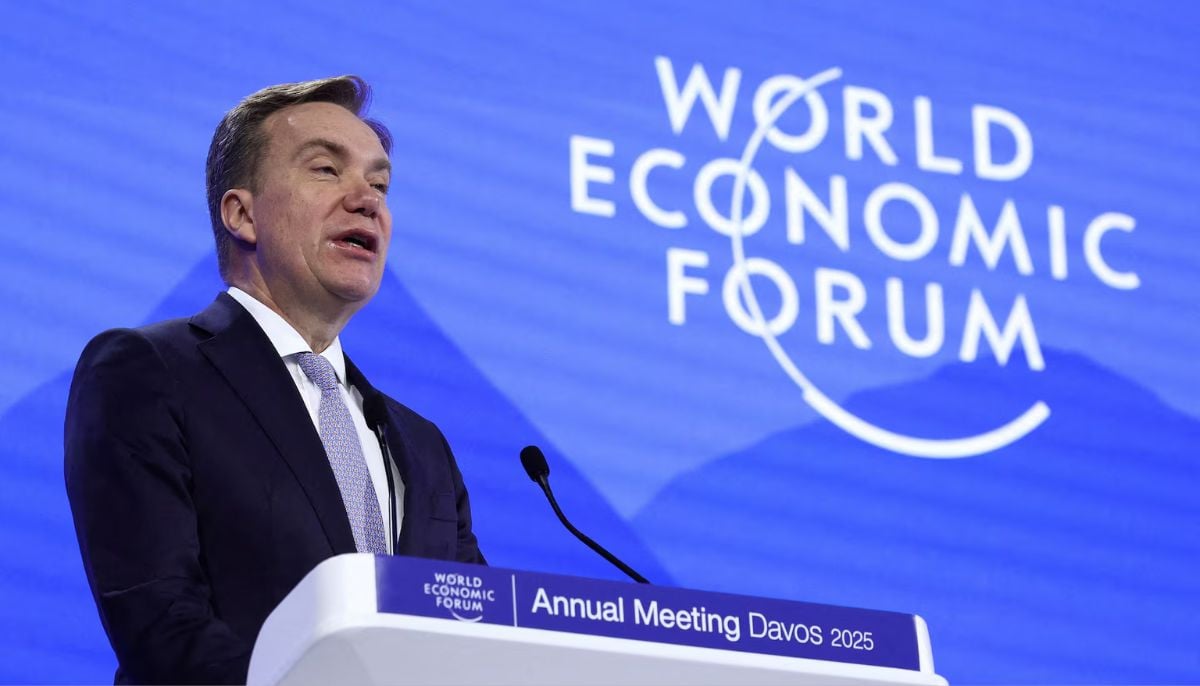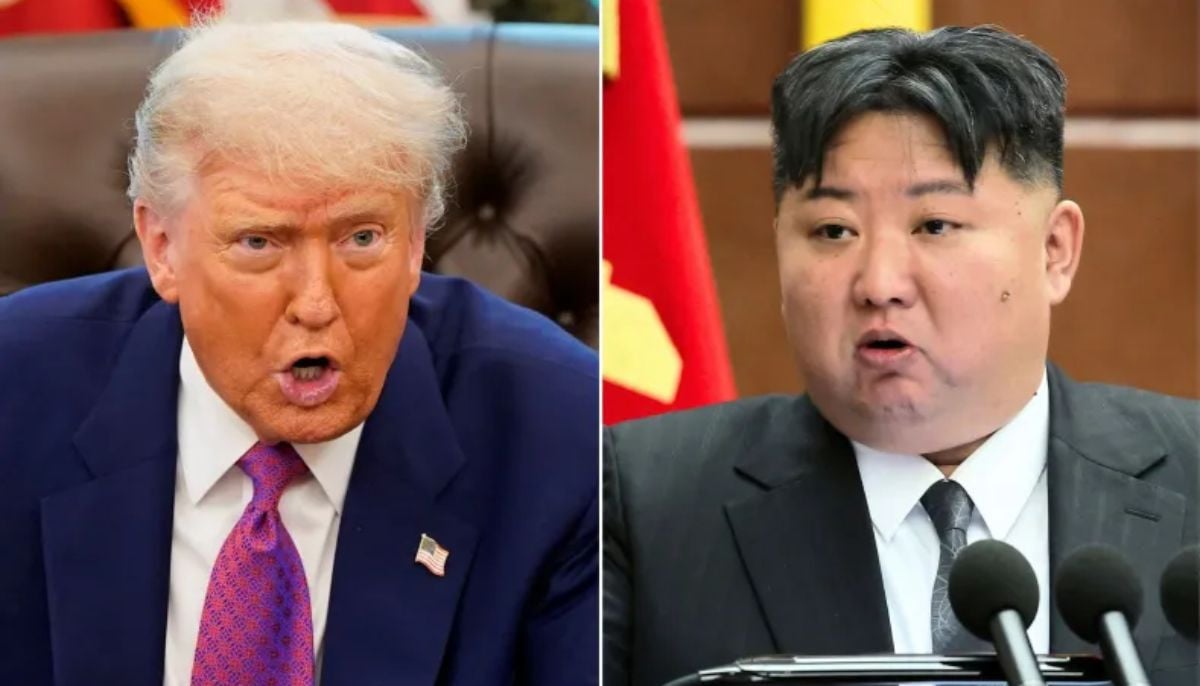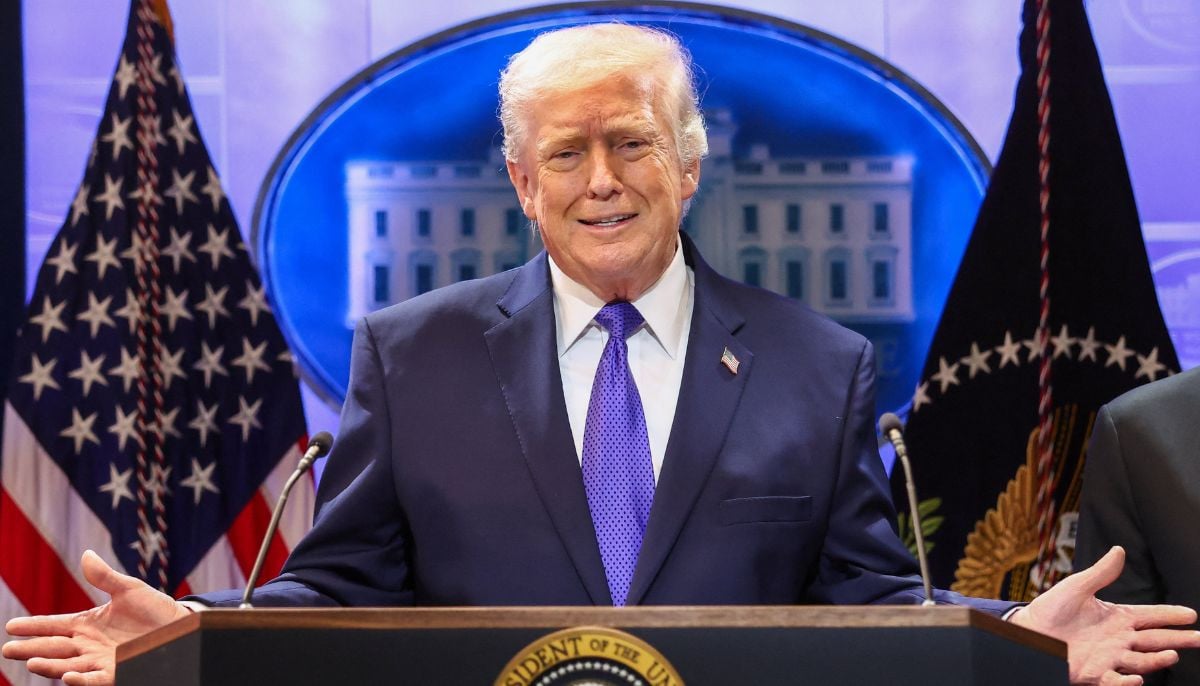Seven foreigners among 10 arrested at protest against Nepal govt's handling of COVID-19
Demonstrators have defied a nationwide lockdown for several days this week to demand better testing and quarantine facilities for returning migrant workers.
KATHMANDU: Nepali police arrested 10 protesters including foreign nationals from Australia, the United States and China on Saturday as hundreds staged a demonstration in Kathmandu against the government's handling of the virus crisis.
Demonstrators have defied a nationwide lockdown for several days this week to demand better testing and quarantine facilities for returning migrant workers.
Police official Sushil Kumar Yadav told AFP that seven of those arrested were foreigners. Three of them were Chinese, with one each from the United States, Australia, Canada and Norway, he said.
"It has not been decided if they will be charged," Yadav added.
At the protest on Saturday, participants showed up in masks, carrying banners reading "enough is enough"."
This is a time of crisis and we need our government to be accountable," said one 23-year-old student, Alisha Shrestha, who was not arrested.
While that protest ended peacefully, police had used water cannon, batons and tear gas to disperse demonstrations near the prime minister's residence earlier this week.
Nepal imposed a nationwide lockdown in March in a bid to halt the spread of the pandemic. It currently has 5,062 cases of COVID-19, with 16 deaths.
The home ministry has warned that protesters could face a six-month jail term if they stage rallies during the lockdown.
Tens of thousands of migrant workers have returned however from India and the Middle East after losing their jobs, overwhelming testing and quarantine facilities.
-
Liza Minnelli reveals rare traits she is looking for in new lover after series of failed romances
-
EU court adviser rejects Meta Platforms challenge over Facebook data
-
Oscar nominated Michael B Jordan reveals one 'Sinners' scene entire cast saw filmed
-
World Economic Forum CEO Borge Brende steps down following Jeffrey Epstein ties controversy
-
Hillary Clinton set for deposition before House committee today in Jeffrey Epstein investigation case
-
Kim Jong Un says North Korea ready to ‘get along’ with US but sets key condition
-
Trump’s tariff turmoil yet to significantly dent growth in emerging economies, despite raising trade tensions
-
Kash Patel fires FBI officials behind Trump Mar-a-Lago documents probe, reports say












